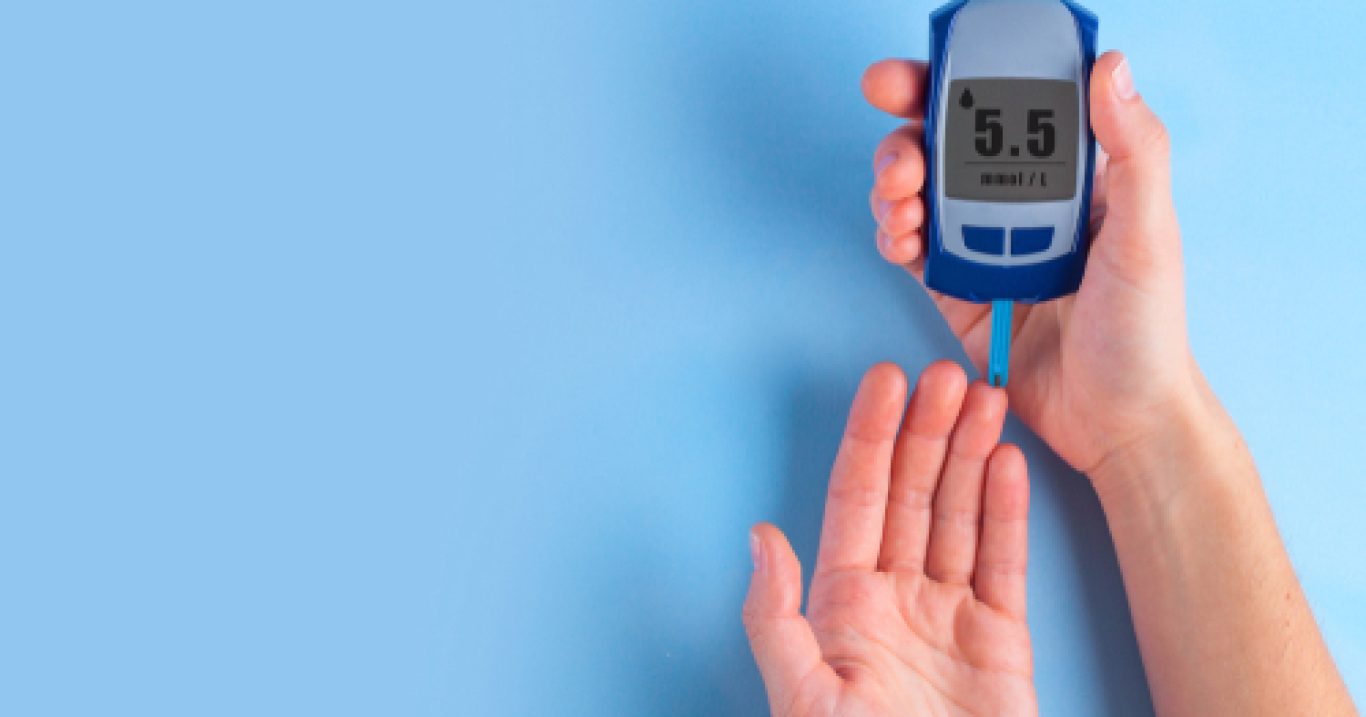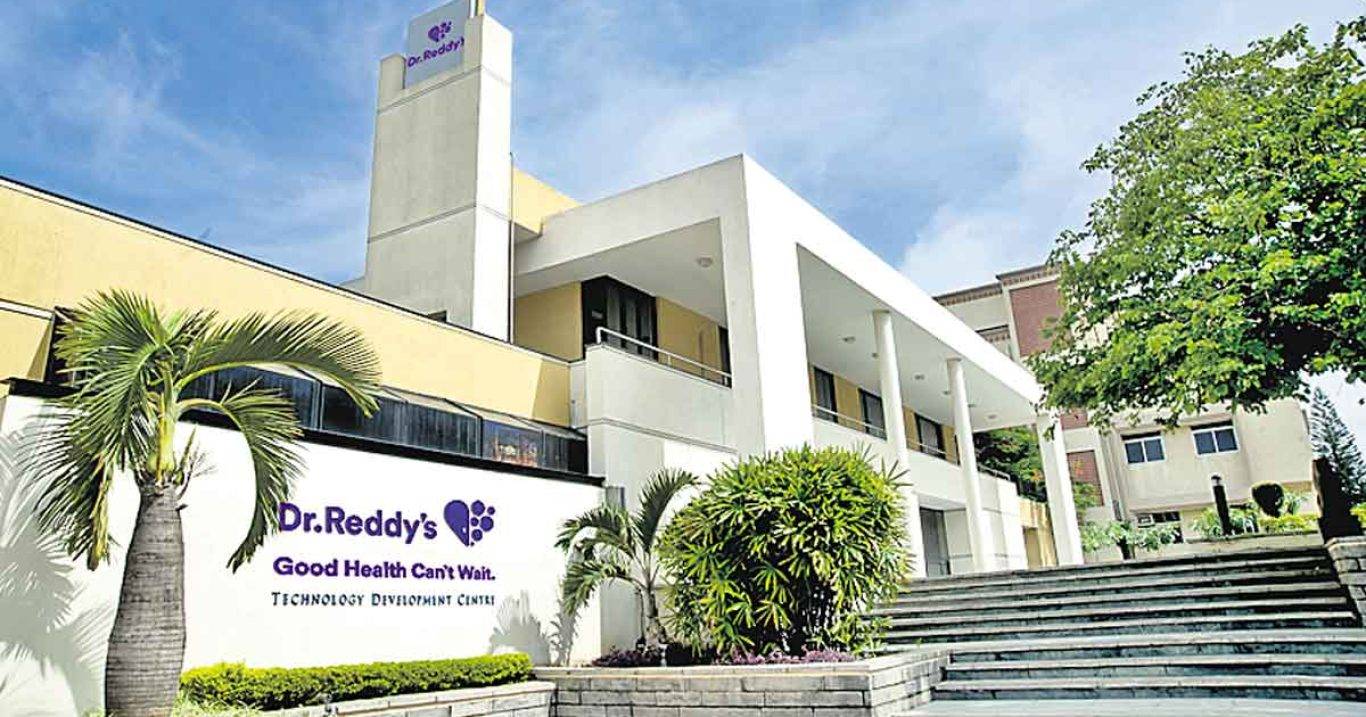Drug prices in India are the lowest in the world but access to medicines remains limited—this is the real issue
The new Drug Price Control Order (DPCO), 2013, has now been notified after an agonising wait of about 18 years, bringing all 652 formulations under 27 therapeutic segments of the National List of Essential Medicines (NLEM) under price control. The new policy differs from the previous one in the methodology of price control. The cost-based pricing mechanism has been replaced with a market-based one, where simple average price of all brands with a market share above 1% in their respective segments will be considered.
Companies selling medicines above the new ceiling prices, as will be notified by the National Pharmaceutical Pricing Authority, would have to slash prices to conform to the ceiling price level. However, those selling these scheduled drugs below the ceiling price will not be allowed to raise prices, resulting in significant price reduction of most essential drugs with price increases in none. Prices of all these formulations will be frozen for a year. Although a silver lining is that manufacturers will be permitted an annual increase in the retail price in line with the wholesale price index.
The span of control with DPCO 2013 will cover approximately 18% of the R72,000 crore pharmaceutical market. However, the total coverage will increase to around 30% after coupling it with existing medicines already under price control.
DPCO 2013 continues with the provision of DPCO 1995 fixing margin for the retailers at 16% of ceiling price, excluding taxes.
Indian consumers will undoubtedly be the biggest beneficiaries of the new DPCO, as ceiling prices will now be based on roughly 91% of the pharmaceutical market by value, resulting in over 20% price reduction in 60% of the NLEM medicines. The prices of some drugs will fall by even up to 70%.
In the short term, industry profitability would decline. However, despite initial adverse impact, higher volume growth over the next few years may help the companies to recover and pick up growth momentum.
Moreover, the shift in the methodology of price control from virtually opaque and highly discretionary cost-based system to relatively more transparent market-based one appears to be directionally right and more prudent. Even the WHO in its feedback to the department of pharmaceuticals welcomed the intent to move away from cost-based pricing as it has been abandoned elsewhere.
Thus, DPCO 2013 should achieve the objectives of the government in ensuring essential medicines are available to those who need them most by managing prices in the retail market and balancing industry growth on a longer-term perspective.
We believe DPCO 2013 will be implemented in such a way as to achieve the declared objective of the National Pharmaceutical Pricing Policy 2012.
That said, price control of medicines since the last four decades has certainly been able to make the drug prices in India one of the lowest in the world coupled with intense cut-throat market competition. Unfortunately, this solitary measure has failed to improve the desirable access to modern medicines for the common man due to various other critical reasons, which we hardly discuss and deliberate upon with as much passion as price control.
Otherwise, why, despite so many DPCOs and rigorous price control over the last four decades, 47% of hospitalisation in rural area and 31% of the same in urban areas is still financed by private loans and selling of assets by individuals.
The Organisation of Pharmaceutical Producers of India supports the healthcare goals of the government and has been actively contributing to building a sustainable healthcare system for improved access to medicines in the country through long-standing patient assistance programmes, immunisation programmes and training of healthcare workers. And, of course, research on new medicines to treat unmet medical needs of the population of the country.
The author is director general, Organisation of Pharmaceutical Producers of India











